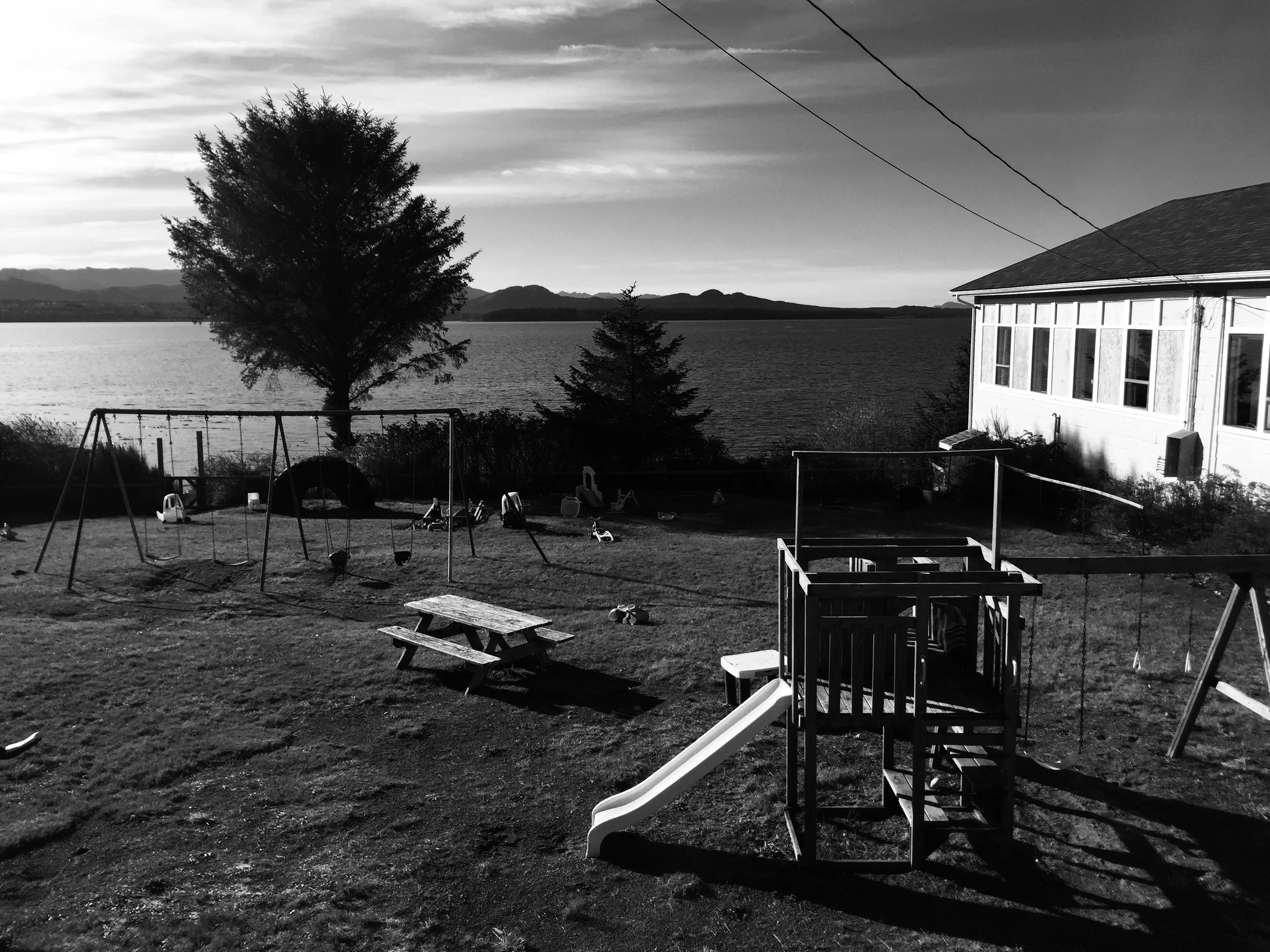Lingering
Ross Bay Cemetery, December 2024
Guided meditations don’t often include an invitation to linger.
Basic instructions usually direct the meditator to bring attention to the arising and passing away of sensory phenomena, including the activities of the mind. Mindfulness tracks any one aspect of the fleeting experience, connecting with it on the basis of whether it’s pleasant, unpleasant, or neutral, or simply noticing its particular texture. Sounds enter the field of awareness; sensations call the attention; thoughts of an unfinished project or plan appear in the mind. This kind of attending, moment after moment, teaches us again and again that nothing lasts, and therefore nothing is worth hankering after. Nothing is going to solve the problem of dissatisfaction.
If we’re not careful, however, we may overlook the great benefit of learning how to linger. As we know from our own experience, time has an elastic quality. When we move rapidly, when there’s a lot happening, time moves quickly: the day is over and we collapse into bed wondering how so much could have unfolded in a single day. Yet we also have experienced the opposite, the feeling of time passing slowly, like a slow-moving river serenely making its way towards the sea.
It seems to be possible, if we are deliberate about it, to create pockets of slow time, either by shifting our perspective or by slowing down and learning to practice lingering, appreciating and savouring.
Oak trees at Government House, Victoria, BC
What might it look like to linger and enjoy some daily task? Is it possible to nurture a sense of gratitude and deep appreciation for something or someone in our lives?
Ritual and ceremony mark off particular times to express gratitude and to remember how interwoven our very existence is with the existence of others. But in the absence of a formal ceremony, we can still introduce moments of stillness, of pausing to appreciate. The loving-kindness phrase “May I take care of myself happily while living in this world” is an invitation to befriend, and appreciate this being we call me and also, to see the joy and delight that is available to us in the very act of taking care.
We could even say that learning to practice this kind of slowing down is an antidote to the fear of ageing, illness, and death, as that fear is often linked to a feeling of having wasted the precious days, months, and years of our lives. By learning how to slow down and appreciate the passing moments, we store up a sense of genuine satisfaction. Climbing into bed at night, we might review the activities of the day, the conversations shared, the work we did and realize that we engaged with those tasks and those interactions in a way that was whole-hearted. Instead of rushing on to the “next thing,” we allowed ourselves to linger.
Empty playground, Sointula, November 2020
Maybe lingering is just another way to approach mindfulness, with an added layer of appreciation and interest.


